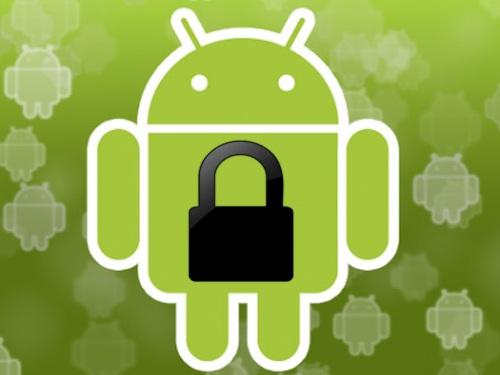
Privacy and security are often two of the most important aspects to many smartphone users, particularly because we store so much more information on these phones than we would on a regular cell phone. This puts us at a higher risk for things like identity theft, stolen accounts, and potentially putting our jobs on the line. Do you utilize your security features in your smartphone?
For me, the answer is yes. I use my pin code and if it is entered wrong ten times, the phone is set to erase. I will say that it might not be the smartest for me to have my phone set to “self-destruct” after ten faulty tries, because there’s been more than one occasion where Riley has obtained my phone and has had it reset. It’s frustrating, but at least I know it works. I also use find my iPhone, although I still haven’t figured out how I would address the situation if I ever had to go looking for my phone via GPS. Knock knock! “Yes, hello. I believe you have my iPhone.” Probably not going to happen, but at least I have peace of mind knowing it’s safe and sound in Botswana somewhere, right?
I’m a huge fan of the Android pattern lock feature. While my iPhone will only let me enter in four numbers, a complicated pattern lock seems like it would be more secure than a 4 digit number. However, at the same time, if your phone is a fingerprint magnet and you don’t clean off your screen, it’s not hard to figure out the pattern you use on a daily basis. So, as long as you clean your screen and don’t make it something simple like an ‘L’ you’re probably good as gravy. Plus, Androids also have a self-destruct feature if you choose to utilize it.
When it comes to internal security, BlackBerry and iPhone are probably my top two choices. The thing about Androids is that the platform was designed to be “truly open”, which is what makes Android so exciting and also very dangerous when it comes to personal information. Being so open means that anybody who knows anything about coding and viruses can gain access to certain parts of your phone if you’re not careful about what apps you download. I always recommend reading the reviews on apps before downloading. This can also help save you a frustrating trip to your carrier’s nearest store just for them to tell you they’re going to have to completely wipe your device anyway.
Carriers themselves have known to make their data collecting habits known to the public, a move which may or may not have been induced by the company themselves. Most recently, Verizon has been receiving some heat from the media about their data collecting and what they do with said data. Sprint was also under scrutiny over similar issues about a year ago. I’m positive just about every provider has some sort of data they’re collecting whether it’s usage, when you’re using what features of your phone, and how you’re using it. They need this information to figure out how they should configure their future business models.
Personally, when it comes to sending and receiving information from my phone, I don’t expect it to be 100% private. I assume the only people knowing what data comes in and goes out of my phone is the phone company itself, and whatever security company they may be working with. It doesn’t bother me very much if they know what’s going on, it’s the regular run-of-the-mill people who I’m skeptical about gaining access to my device.
So readers, do you use your smartphone’s security features? Why or why not? Let me know your opinions!
Image via Geek